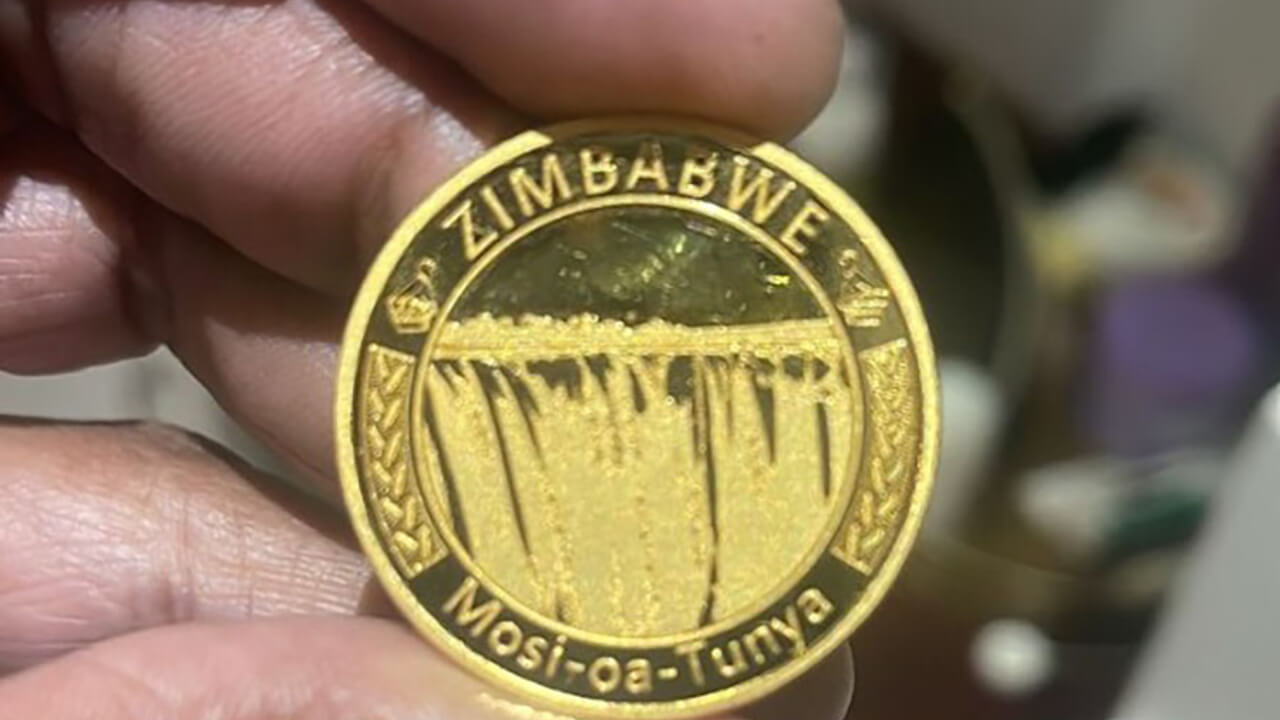How are foreign investors coping in Zimbabwe? Maybe we can all imitate them
Foreign investment giants like JP Morgan Chase are also feeling the heat in Zimbabwe as far as the foreign currency shortages are concerned. These guys hold stocks in some companies that are listed on the Zimbabwe Stock Exchange and like everybody else they can’t move that money easily out of the country if they decide to sell their stocks. Last time we discussed about the different types of risks that you must consider if you want to invest on capital markets. In that article we briefly touched on how the Zimbabwean market right now has unique risks associated with it. This risk is largely coming from the cash crisis and foreign currency shortages we have.
Now, because people are failing to access the money they have in their banks they are desperately buying stocks on the ZSE in a bid to preserve the value of their money. Is it a good strategy? Probably is because there are not so many options of what they can do besides perhaps cryptocurrencies. We can’t just sit and watch our money turn into worthless numbers on a bank statement for the second time can we?
The problem with this run on the stock market though is that this increased demand on the ZSE results in prices of stocks going up. What do you do when you still want to invest on this market but you want to protect yourself? The simple answer is the same as I have always advocated: learn as much as you can and consult trusted experts.
Also take a cue from the international institutional investors who are on the same boat with all of us. These guys know the situation almost as much as we do for example Mark Mobius of Templeton Emerging Markets Group said this
There is fear that Zimbabwe is returning to its previous days of excessive currency printing. There is a real problem of currency repatriation.
Yes these guys are in the same boat with you and I as investors in this economy but they also have experience in investing in all kinds of different environments and they may know a thing or two about how to protect one’s self or even grow in situations like these. Here is what Nick Ndiritu, a fund manager at Alan Gray said:
We will continue watching the fundamentals even if the market doesn’t.
I think this is the key thing for you to do right now. Watching the fundamentals, (if you allow me to put it in simple terms) is to concentrate on the ‘health’ of the businesses you are interested to invest in as opposed to concentrating on the macro economy. What does that mean?
If you are interested in company X, just look and keep looking at whether company X is a good buy at the current share price whether there is a demand driven increase on that share price or not. For example if the business is in a growing sector, if it’s financial results show that it is not in too much debt and that it has relevant asserts and can compete decently with other businesses in it’s sector even outside Zimbabwe etc. If business X ticks these and other boxes it may be a good buy.
We will probably do a video that distinguishes between the two basic types of investors: the fundamentalists and the speculative investors later. For now I will give you my opinion: if you are in an environment like this the most prudent risk management strategy is to stick to the fundamentals. Your aim here is to at least preserve the value of your asserts hence you must look at investing in companies that you believe will survive this crisis and grow in value after the dust is settled.
It is not enough to just empty your bank account and dump your resources on the ZSE. You must buy wisely because not every business will survive this crisis. Of those that survive maybe not all of them will maintain or rise again to the current share prices if the shares are merely just rising in price due to the excessive demand then you better be careful.
As I close I must repeat this:
Study how markets work. you must know as much as you can so you understand what you are doing.
. Determine what your risk appetite and objectives are. When do you think this crisis is going to end? Who do you think is going to survive?
Keep thinking medium to long term. Don’t invest your daughter’s school fees.
Till next time, keep learning.










